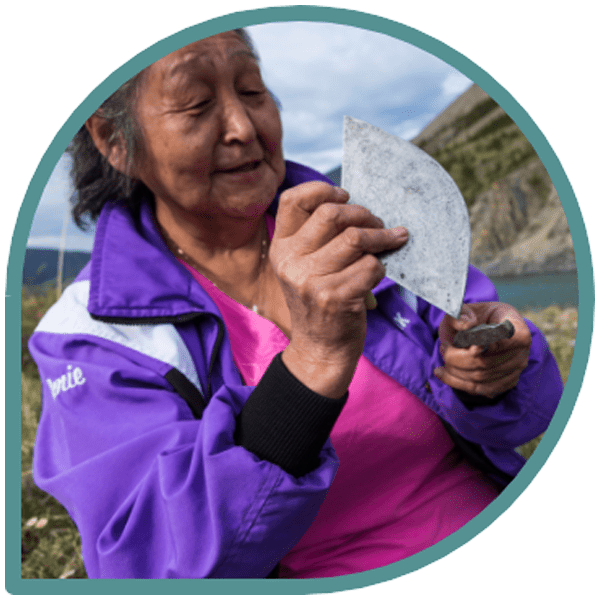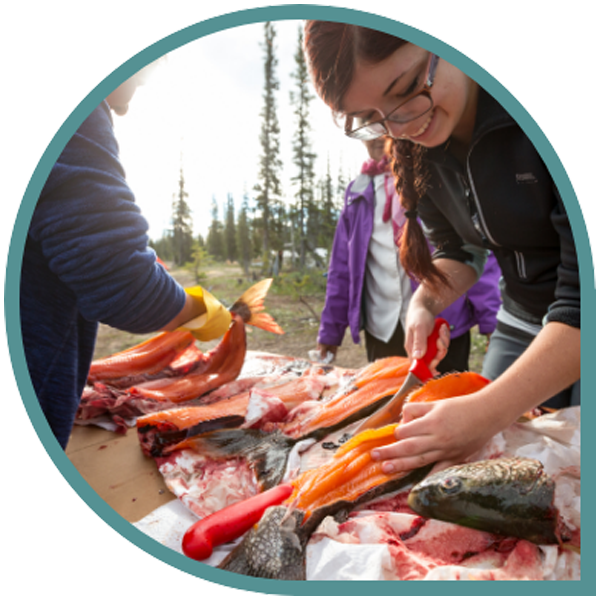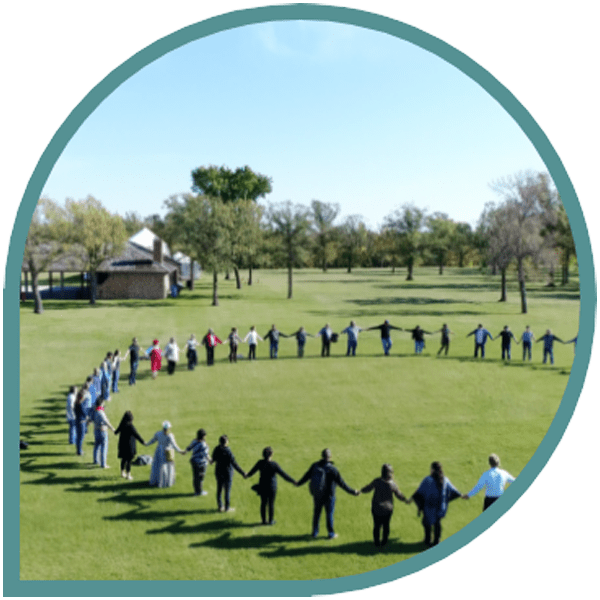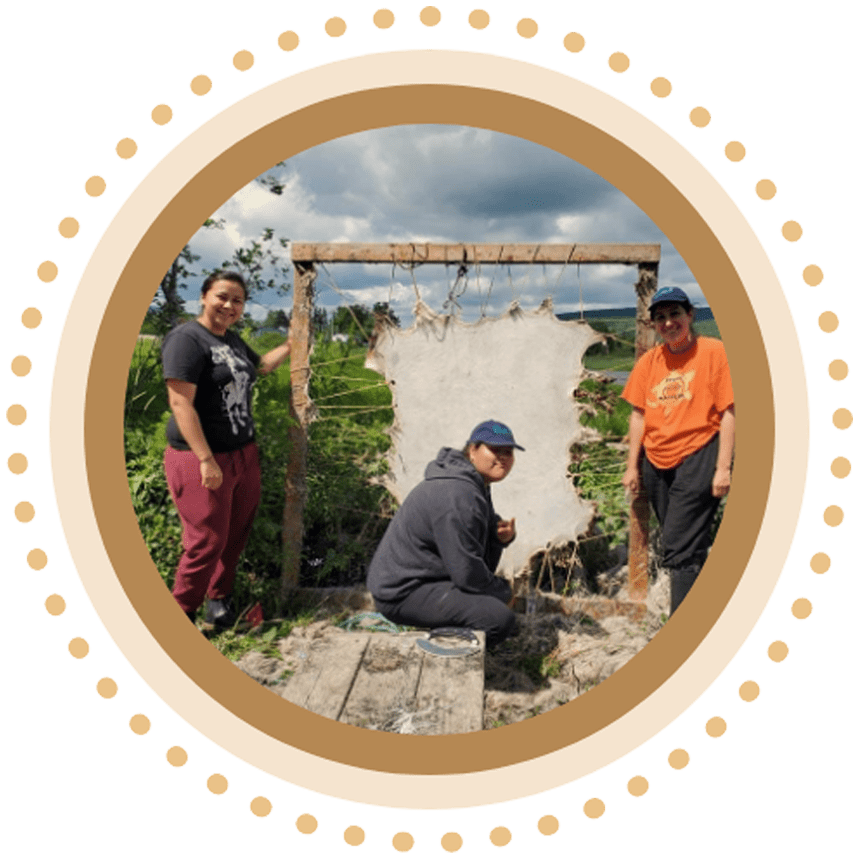IPCA Knowledge Basket
Waisisk-owltioq Animal Chant by Beverly Jeddore
Kiptu Eagle Song by Beverly Jeddore
Beverly Jeddore generously shared two welcome songs for the IPCA Knowledge Basket. Beverly is the Mi’kmaw Language Technician with Mi’kmaw Kina’matnewey in Membertou, Nova Scotia.
One of the songs you will hear is the Kiptu Eagle Song. The other is the Waisisk Animal Chant. The Waisisk Animal Chant is a celebration song that is over 100 years old and was often used in wedding ceremonies as many groups of families gathered to celebrate. The animals are named using clanship. The clan system continues to be used by the Mi’kmaq in Nova Scotia.
Our sincere gratitude to Beverly for sharing the gift of these songs to welcome IPCA Knowledge Basket visitors to this digital space.
Commitments and Responsibilities
The IPCA Knowledge Basket was created in the spirit of gift-giving to help cultivate abundance for the current generation and the seven generations yet to come. When visiting this space we ask that you practice and reflect on the following commitments:
Elder Paulette Fox – Commitments and Responsibilities

Photographer: Fritz Mueller
Reciprocity
Knowledge is deeply embedded in culture, governance, and legal orders. Unlike typical search engines, through which users search for and extract information, we ask that you approach the resources shared on this platform from a place of respect and reciprocity.
If you have learned something new through visiting the IPCA Knowledge Basket, consider returning the gift to enrich and strengthen our collective knowledge. Do you have anything you could contribute to the digital platform? You can share how you’ve engaged in ‘acts of reciprocity’ on our message board to help inspire others!
Respect
Drawing on the Mi’kmaq concept of Etuaptmumk, also known as Two-Eyed Seeing, the IPCA Knowledge Basket weaves together resources from multiple knowledge systems to support Indigenous-led conservation. We encourage you to engage with the platform with an open heart and open mind, and to have respect for different ways of knowing, being, and doing.
Listen to Mi’kmaq Elder Albert Marshall describe Etuaptmumk/Two-Eyed Seeing. Brought to us by First Voices Radio.

Photographer: Fritz Mueller

Photographer: Jeremy Williams
Responsibility
Action is a central part of Etuaptmumk/Two-Eyed Seeing. Elder Albert Marshall reminds us that we have a responsibility to share the gifts we receive for the benefit of all. We encourage you to take action (no action is too small) to support Indigenous-led conservation.
The commitments and responsibilities for IPCA Knowledge Basket were created with guidance from Elder Albert Marshall (Mi’kmaw Nation), Elder Larry McDermott (Shabot Obaadjawin First Nation), Elder Marilyn Capreol (Shawanaga First Nation), and Natowaawawahkaki – Holy Walking Woman (Kainai/Blood Tribe). While the commitments and responsibilities above draw on their specific cultural traditions, the intent is to share principles that are general enough to apply to all. We are grateful for their support and contributions.

